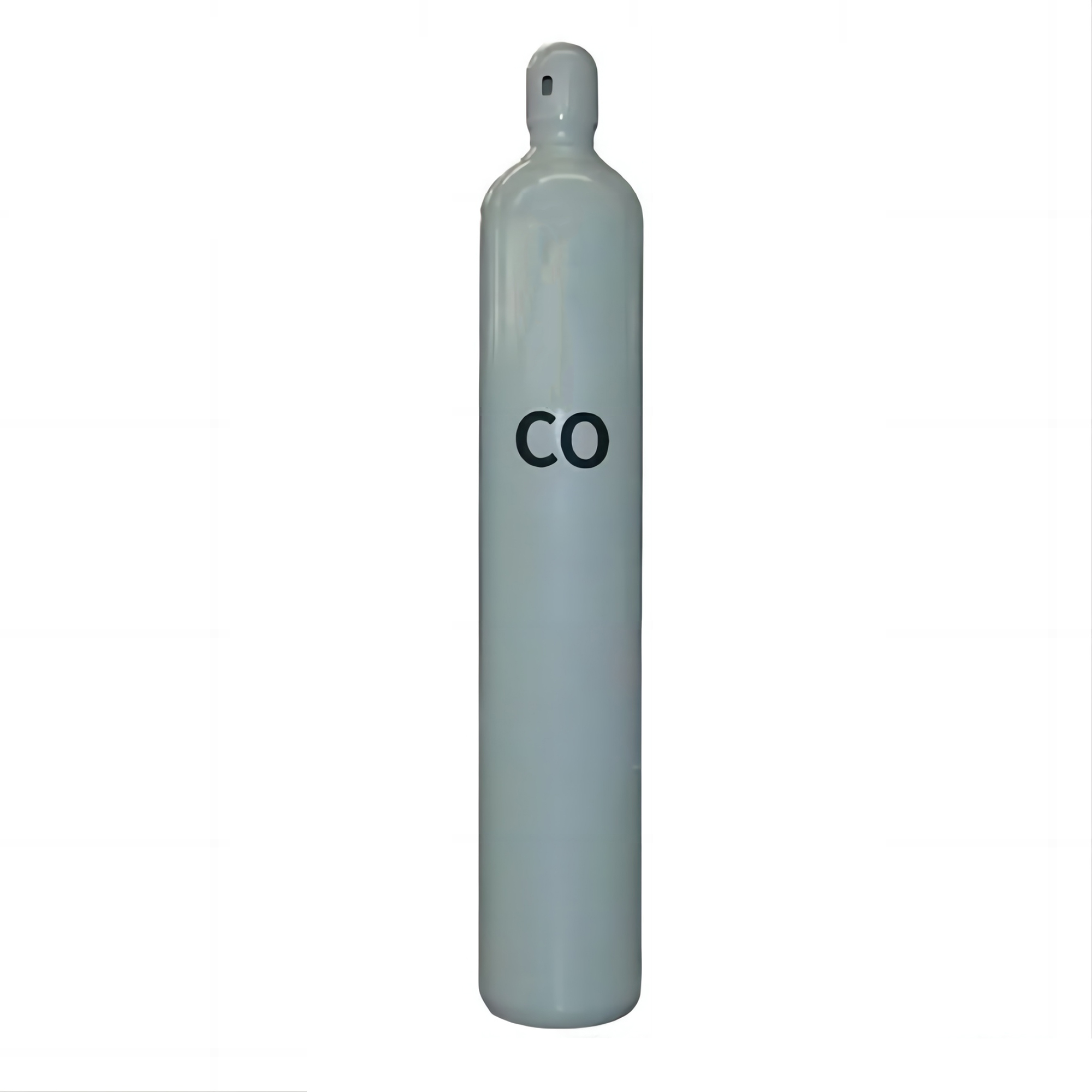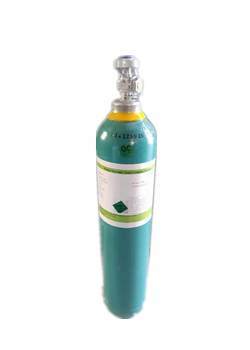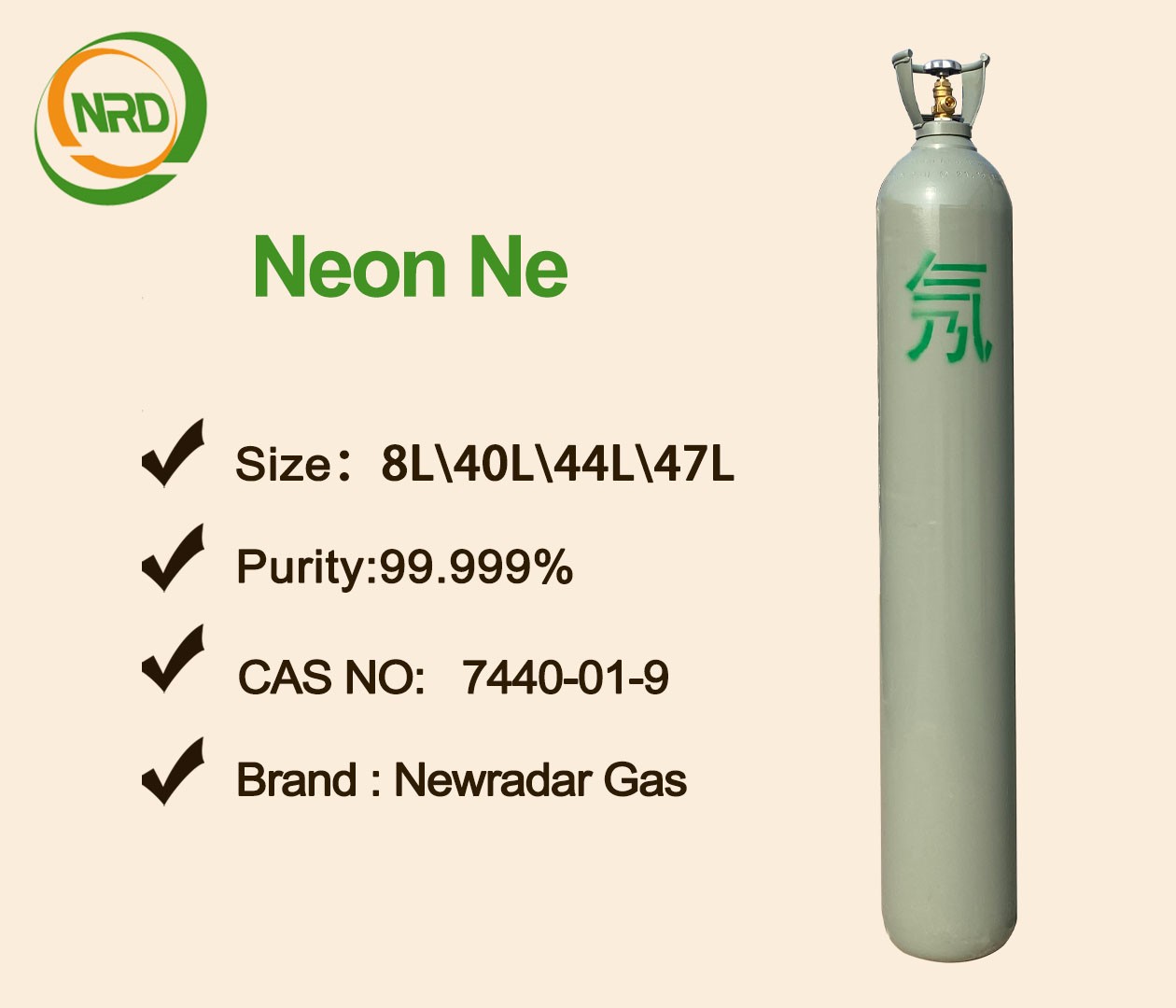Factors influencing the accuracy of gas detector
Gas detector is a kind of instrument used to detect the concentration of leaked gas, its core component is the sensor, because the gas detector is to use the sensor to realize the detection of the type and concentration of leaked gas. So, if the sensor fails and fails, the gas detector can't detect it. So, what are the factors that affect gas detector readings?
In general, many environmental factors can affect the readings of gas detector sensors. Including changes in pressure, humidity and temperature. Changes in pressure and humidity affect the amount of oxygen actually present in the atmosphere.
1. humidity change
If humidity changes significantly (such as when moving from a dry, air-conditioned environment into humid outdoor air), water vapour in the air will drive away oxygen, causing oxygen readings to drop by up to 0.5%. The gas detector sensor is equipped with a special filter to eliminate the influence of humidity changes on gas readings. The effect is not immediately apparent, but it can slowly affect oxygen levels over several hours.
2. Pressure change
If the pressure changes dramatically (e.g., when passing through a gas plug), the gas detector sensor readings may fluctuate temporarily, which may cause the detector to emit an alarm. When the percentage of oxygen volume remains stable at about 20.8% and the overall pressure drops considerably, oxygen for respiration in the environment may become a hazard.
3. Temperature change
The sensor is equipped with temperature compensation. However, if the temperature fluctuates sharply, the readings from the gas detector sensor may drift. The instrument should be calibrated at the work site to minimize the effect of temperature changes on the readings.





 Facebook
Facebook YouTube
YouTube LinkedIn
LinkedIn Twitter
Twitter